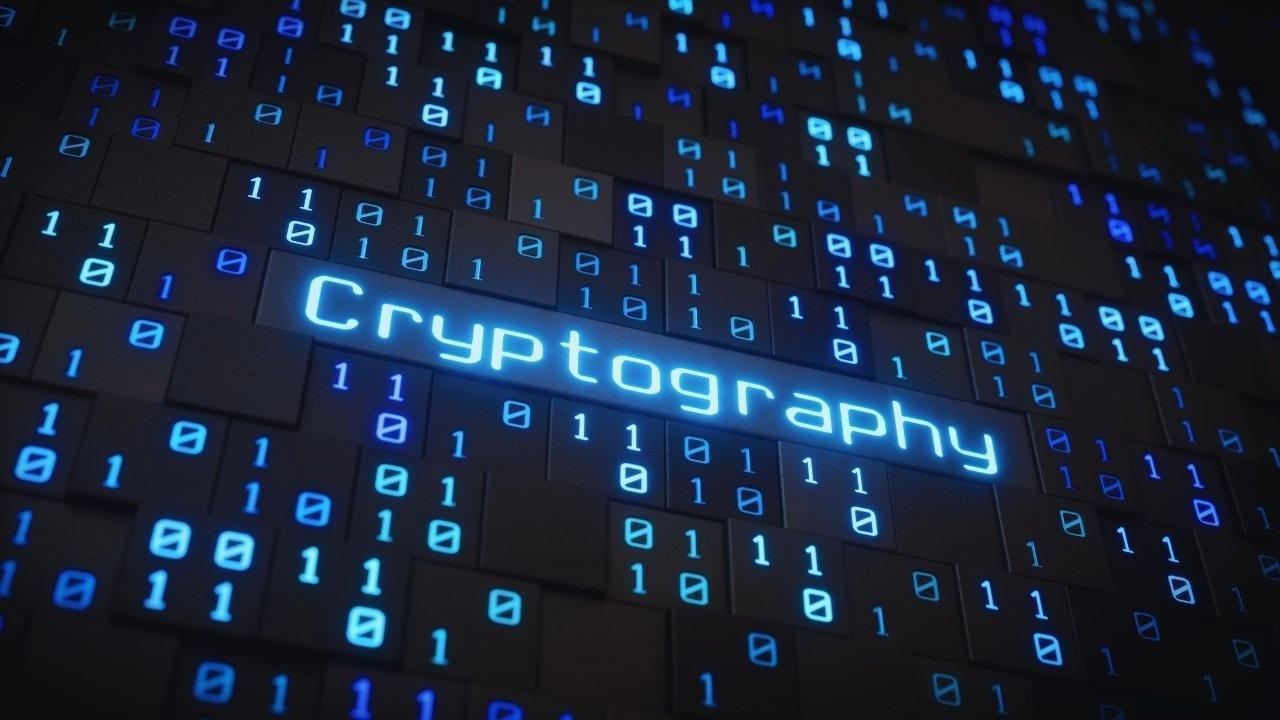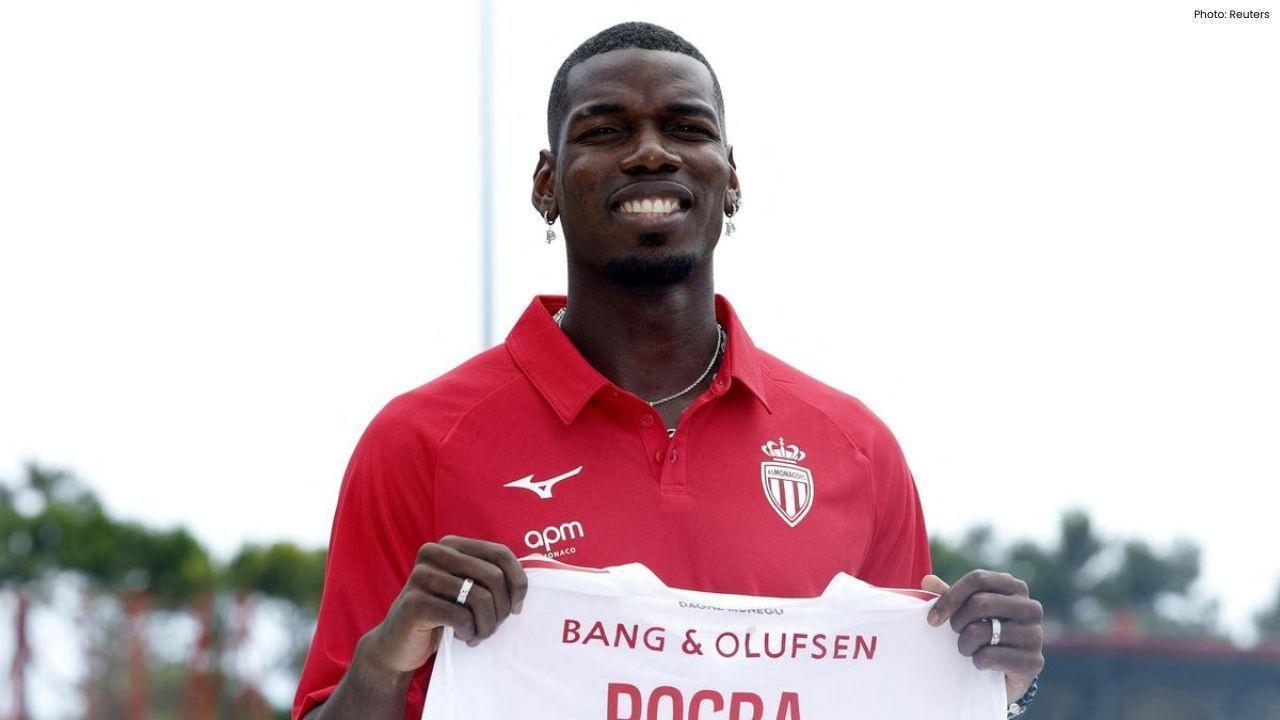
Post by : Anis Al-Rashid
In today’s digital era, security is everything — from financial systems to private messages, everything relies on encryption. But what happens when the world’s most advanced computers can break even the strongest encryption codes? That’s the question quantum computing has thrown into sharp focus. While still in its experimental phase, quantum technology promises to solve problems that classical computers could never approach. At the same time, it also poses an existential threat to the cryptographic foundations of the internet.
Quantum computers don’t work like regular computers. Instead of processing data using binary digits (0 and 1), they use qubits — particles that can exist in multiple states simultaneously. This unique ability allows quantum machines to perform complex calculations at speeds unimaginable to current systems. However, this same strength could also unravel the very codes that keep our digital world secure.
For decades, modern encryption — particularly RSA (Rivest–Shamir–Adleman) — has safeguarded sensitive data online. RSA encryption works by relying on the mathematical difficulty of factoring large numbers into their prime components. For a classical computer, this task is so complex that it would take thousands of years to crack a single strong encryption key.
Quantum computers, however, could change this dynamic overnight. Using Shor’s algorithm, a sufficiently advanced quantum computer could factor large numbers exponentially faster, rendering RSA and other similar encryption schemes obsolete. This looming risk has cybersecurity experts worldwide racing to develop new forms of encryption capable of resisting quantum attacks.
In response to this threat, scientists and governments have begun developing post-quantum cryptography (PQC) — encryption methods designed to withstand quantum-powered decryption. PQC doesn’t rely on the same mathematical problems as traditional encryption. Instead, it uses complex structures like lattices, error-correcting codes, and multivariate polynomials that are far more difficult for quantum systems to exploit.
Organizations such as the National Institute of Standards and Technology (NIST) in the United States are already working on standardizing PQC algorithms. The goal is to ensure that all digital communication — from banking transactions to military intelligence — can transition to a quantum-safe future before the first large-scale quantum computer comes online.
Another promising technology is Quantum Key Distribution (QKD). Unlike traditional cryptography, which relies on mathematical puzzles, QKD uses the fundamental principles of quantum mechanics. In simple terms, it allows two parties to share encryption keys using photons — particles of light.
The advantage of QKD lies in a principle called quantum indeterminacy. Any attempt to intercept or measure the photons during transmission will automatically change their state, instantly alerting the communicating parties that the channel is compromised. This creates an unprecedented level of security — a communication system that cannot be eavesdropped on without detection.
China and several European countries have already tested QKD networks, while major tech firms are exploring how to integrate them into future communication systems.
The race toward quantum supremacy — the point at which quantum computers outperform classical ones — is heating up among global powers. The United States, China, and Europe are all heavily investing in quantum research. Companies like IBM, Google, and Intel are competing alongside government-funded laboratories to develop scalable quantum machines.
In 2019, Google claimed to have achieved quantum supremacy by performing a calculation that would have taken classical supercomputers thousands of years. While that milestone was mostly symbolic, it demonstrated the accelerating pace of progress. Experts predict that within the next decade, practical quantum systems could start to disrupt industries from pharmaceuticals to logistics — and, crucially, cybersecurity.
As the quantum threat looms, cybersecurity strategies must evolve. Companies are beginning to prepare for the so-called “crypto-agility” — the ability to adapt quickly to new encryption methods when current ones fail. Financial institutions, defense agencies, and major corporations are already testing hybrid models that blend classical and quantum-safe cryptography.
The biggest challenge isn’t just technical — it’s logistical. Every encrypted system, from emails to satellites, will eventually need upgrading. Experts estimate that transitioning the entire digital ecosystem to quantum-resistant encryption could take decades. That’s why preparation needs to start now, long before the first quantum computer capable of breaking RSA encryption becomes operational.
Beyond cybersecurity, quantum computing raises significant ethical and economic questions. If only a few nations or corporations control the most advanced quantum systems, the global power balance could shift dramatically. Access to quantum technology might determine the future of industries, military dominance, and even personal privacy.
There’s also the moral dilemma of using such immense computational power responsibly. Just as nuclear energy brought both progress and peril, quantum computing’s dual potential could either revolutionize society or destabilize digital trust. Policymakers, therefore, face the urgent task of crafting international laws to ensure ethical use and equitable access.
While much of the focus is on cryptography, quantum computing’s potential extends far beyond cybersecurity. Scientists believe these systems could accelerate breakthroughs in medicine, materials science, and environmental research. They could simulate complex molecules for drug discovery, optimize global supply chains, and model climate systems with unprecedented accuracy.
In essence, quantum computers could reshape nearly every field — just as classical computers did decades ago. But before that transformation can happen safely, humanity must first secure its digital foundations.
Preparing for the quantum revolution isn’t optional — it’s inevitable. Governments, corporations, and individuals all have a stake in ensuring that quantum computing strengthens rather than endangers the digital world. Collaboration between physicists, cryptographers, and policymakers will be crucial in building a secure technological landscape.
In the end, the story of quantum computing and cryptography isn’t one of competition, but of evolution. Just as new challenges demand new solutions, quantum threats will inspire stronger, smarter ways to protect data. The future of cybersecurity lies not in fear of quantum machines, but in embracing their potential wisely.
This article is based on ongoing scientific and technological developments in quantum computing and cryptography. The interpretations presented aim to explain complex subjects in simplified language for general audiences.










Rain Washes Out India-Australia T20 Series Opener in Canberra
The opening T20 match between India and Australia in Canberra ended early due to heavy rain, leaving

Dortmund Beat Frankfurt in Penalty Shootout to Reach Last 16
Borussia Dortmund defeated Eintracht Frankfurt 4-2 on penalties after a 1-1 draw, advancing to the G

Suryakumar, Gill Lead Before Rain Ends Canberra T20 Early
The first T20 between India and Australia in Canberra ended in a washout after strong starts from Su

Juventus Set to Appoint Luciano Spalletti as New Coach
Juventus is expected to announce Luciano Spalletti as its new coach after Igor Tudor’s dismissal, ma

Pogba Set to Return for AS Monaco After Long Suspension
Paul Pogba is close to making his AS Monaco debut after his doping ban was reduced to 18 months, wit

UAE Archers Compete in West Asia Championship in Doha
Seventeen UAE archers, led by Federation President Hanadi Al Kabouri, are competing in the 2nd West